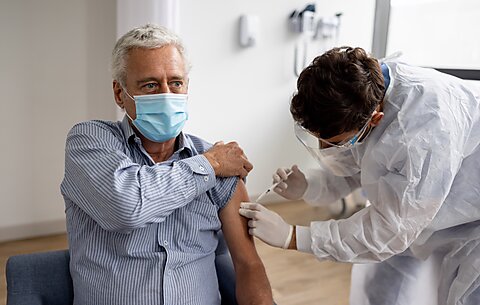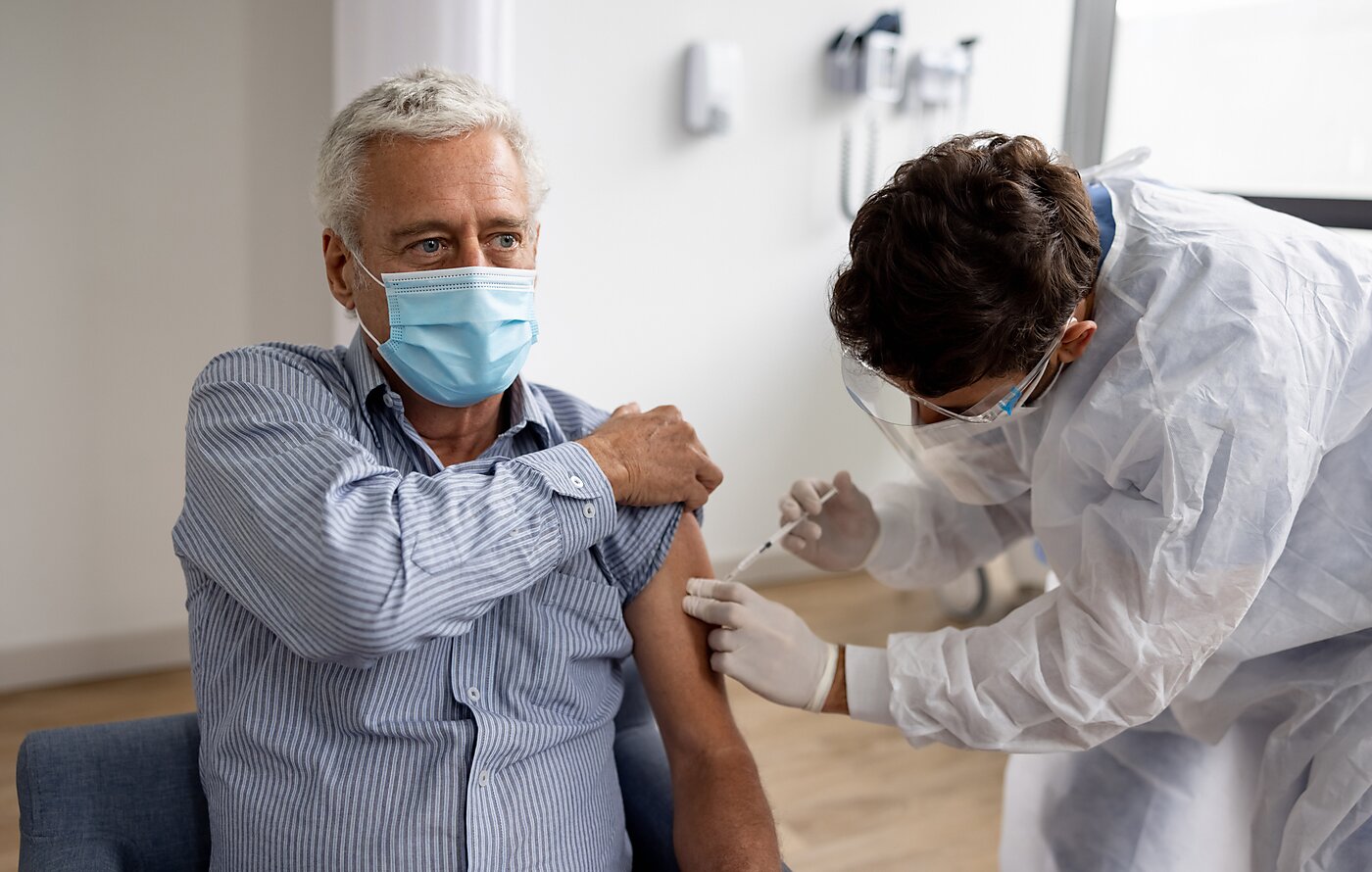Robert F. Kennedy Jr., the Secretary of Health and Human Services, recently fired all seventeen members of the CDC’s Advisory Committee on Immunization Practices (ACIP), replacing them with eight new members. Most reaction has addressed the qualifications of the new versus prior members, especially their alleged “biases” about vaccine science.
A different perspective asks whether government should play any role in determining vaccine availability and use. Currently, new vaccines must receive FDA approval, and the ACIP makes recommendations each year about new and updated vaccines. This affects availability and whether insurance covers the costs. Various other policies also determine who can or must take up particular vaccines.
Absent these policies, any private group could research, produce, and market vaccines to those willing to pay. Organizations such as the American Medical Association would evaluate safety and efficacy, while doctors would recommend vaccines to their patients—or not—based on individualized assessments of the pros and cons. Human challenge trials would provide early information about, and access to, new vaccines for those with pressing needs.
Charitable organizations would help low-income individuals afford vaccines. And health insurers might cover the costs, even absent government coercion, if these were lower than those of avoided or ameliorated diseases.
Private institutions (businesses, restaurants, sporting events, houses of worship, and more) would be free to request or require proof of vaccination for their customers, employees, or members. Yet no government policy would mandate vaccination.
In this world, many would take up some or most vaccines, but others would not. This might imply lower overall vaccination rates, which is a negative for diseases where herd immunity is crucial.
Yet in a world with zero government pressure to receive vaccines and a free market in information about vaccines, trust in providers might be higher, and vaccine hesitancy lower. Thus, overall vaccination rates might increase relative to current practice, with less polarization over vaccine policy.
This article appeared on Substack on June 18, 2025.


